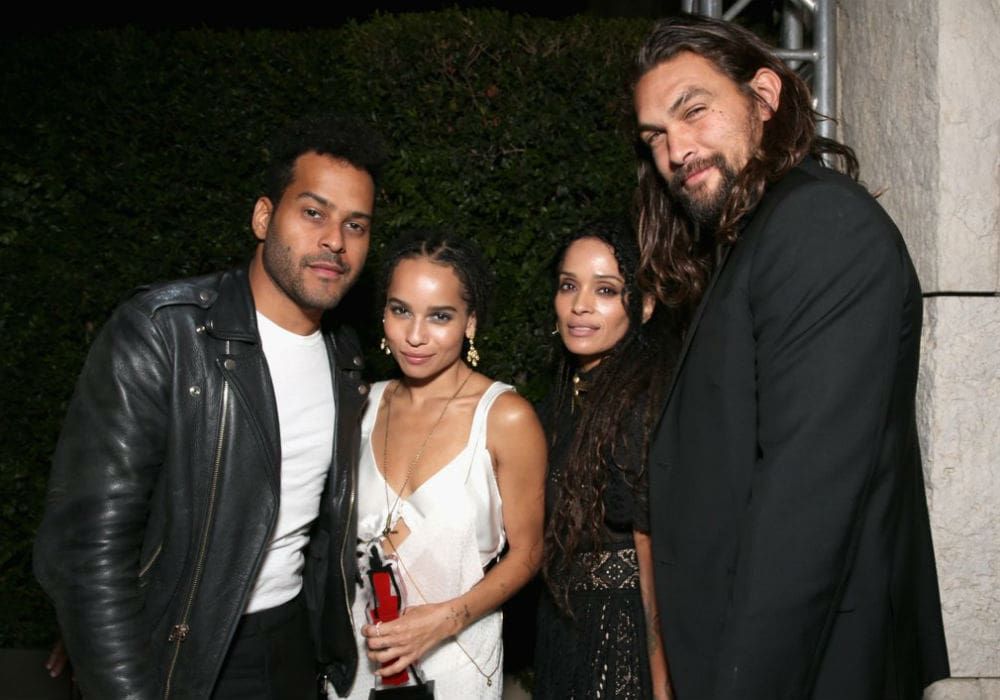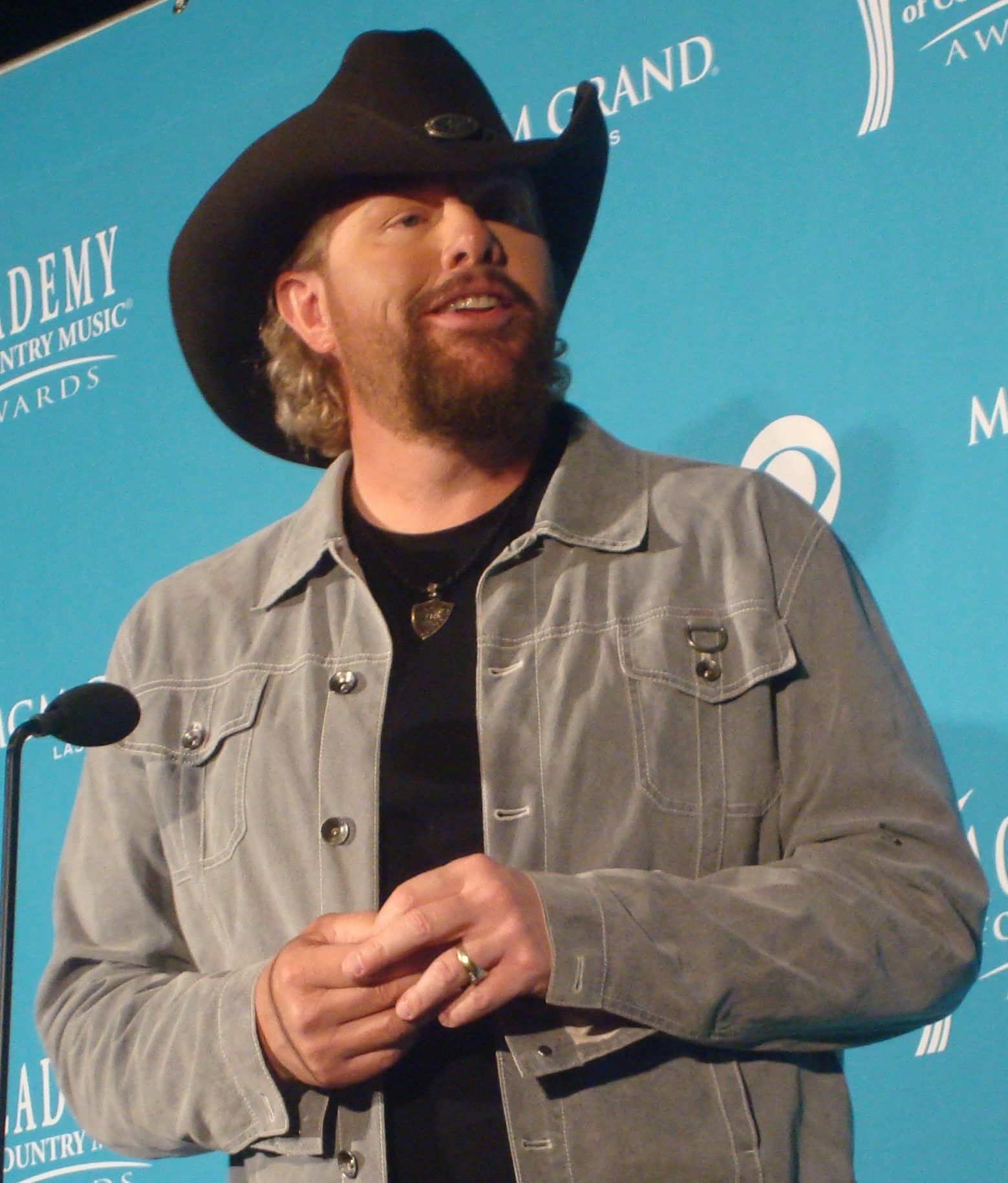
Lisa Bonet captured the hearts of millions as the free-spirited Denise Huxtable on “The Cosby Show,” a role that catapulted her to stardom on one of America’s most beloved sitcoms. For many, she was the epitome of effortless cool, bringing a unique, bohemian flair to the wholesome Huxtable family dynamic. Her popularity was so immense that it paved the way for an unprecedented spin-off, “A Different World,” cementing her status as a television icon in the late 1980s.
Yet, despite this phenomenal success, Bonet’s journey within the Cosby universe was far from straightforward. What began as a dream role gradually became a complex narrative of creative clashes, personal milestones, and ultimately, a dramatic departure that left fans with lingering questions. Her exit from both “A Different World” and later, “The Cosby Show” itself, sparked rumors and speculation that have echoed through the decades.
In this deep dive, we’re taking a closer look at the pivotal moments and personal choices that shaped Lisa Bonet’s path, moving beyond the surface-level narratives to understand the true reasons behind her exits. From her spirited personality to transformative life events, we’ll uncover the intricate layers of a story often told in whispers, bringing to light the challenges and triumphs of an actress who always stayed true to her own unique vision.

1. **The Rise of Denise Huxtable: Lisa Bonet’s Breakout Role and Popularity on “The Cosby Show”**Lisa Bonet, at just 17 years old, stepped into the role of Denise Huxtable in 1984, and the landscape of television was forever changed. “The Cosby Show” quickly became a cornerstone of NBC’s Thursday night “must-see TV” lineup, and Bonet’s portrayal of the second-oldest Huxtable child resonated deeply with audiences. Denise was distinctive – she was quirky, stylish, and embodied a free-spirited nature that set her apart from her siblings, making her an instant fan favorite and transforming Bonet into a “hot commodity.”
Her character’s unique persona, marked by an eclectic fashion sense and an independent spirit, struck a chord with viewers, making Bonet one of the show’s brightest stars. Denise Huxtable wasn’t just a character; she was a cultural touchstone for many young people, navigating her teenage years with a blend of charm, creativity, and a touch of rebelliousness that made her incredibly relatable. This immediate and widespread acclaim earned Bonet a nomination for the Primetime Emmy Award for Outstanding Supporting Actress in a Comedy Series in 1986, a testament to her undeniable talent and the impact of her performance.
The profound connection audiences felt with Denise Huxtable wasn’t merely fleeting; it was so powerful that it sparked an extraordinary opportunity. The show’s creators recognized Bonet’s unique appeal and the potential for her character to carry a narrative of her own. This immense popularity would soon lead to a groundbreaking spin-off, designed specifically to follow Denise’s adventures as she ventured into a new chapter of her life at college, further cementing Bonet’s pivotal role in shaping television history.

2. **A Free Spirit Clashes: Early Tensions Between Lisa Bonet and Bill Cosby**While Lisa Bonet’s on-screen persona as Denise Huxtable exuded a captivating free-spiritedness, it quickly became apparent that this trait wasn’t just an act for the cameras. In real life, Bonet was indeed a free spirit, a quality that, while endearing to fans, often led to friction with the show’s formidable star, creator, and executive producer, Bill Cosby. Behind the polished facade of America’s favorite family sitcom, stories of palpable tension on set between the two performers, playing father and daughter, began to surface.
Bonet, known for her independent streak, reportedly found herself at odds with Cosby’s strict creative vision and control. Accounts emerged suggesting that she was critical of the show’s direction and, at times, allegedly arrived late for work. These actions, while perhaps expressions of her individualism, were not well-received by Cosby, who maintained a firm hand on every aspect of the production and expected a certain level of compliance and professionalism from his cast, especially his on-screen children.
The growing disagreements and the evident clash of personalities created an increasingly strained working environment. This tension ultimately played a significant role in Cosby’s decision to suggest a strategic move for Bonet. Rather than continue to navigate these persistent “butting heads” on the main set, Cosby reportedly convinced Bonet to transition to the spin-off series, “A Different World,” perhaps hoping that a change of environment or a focused narrative around her character might alleviate the underlying issues.
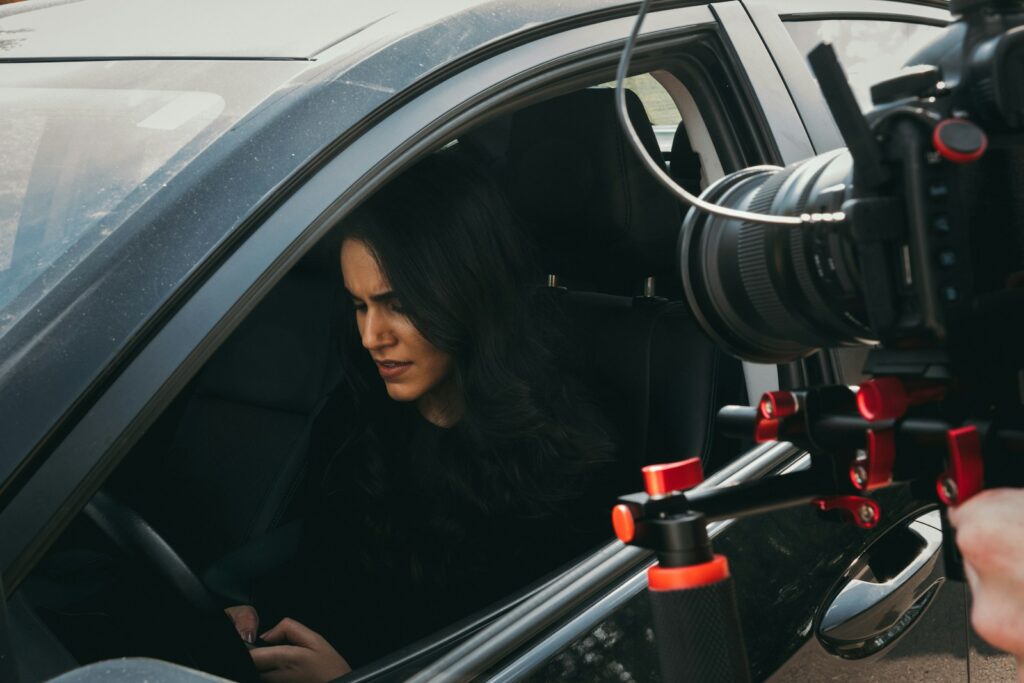
3. **The “A Different World” Experiment: The Spin-Off Created for Denise Huxtable**The enduring popularity of Lisa Bonet’s character, Denise Huxtable, reached such heights that it prompted a unique television experiment: “A Different World.” This spin-off series, which premiered in 1987, was initially conceived as a direct vehicle for Bonet, charting Denise’s adventures as she left the comforts of the Huxtable brownstone to embark on a new life at the fictional Hillman College in Virginia. It was a bold move, demonstrating the network’s and producers’ confidence in Bonet’s star power and the audience’s deep attachment to her character.
“A Different World” was built entirely around Denise Huxtable, positioning her as the central figure around whom a diverse ensemble of college students would orbit. The show aimed to explore themes relevant to young adults transitioning into higher education, offering a fresh perspective while still maintaining a connection to the beloved “Cosby Show” universe. This was an exciting prospect for fans, eager to follow Denise’s journey as she navigated independence, academics, and new relationships away from her family’s watchful eyes.
However, despite being the central focus of this highly anticipated series, Lisa Bonet’s tenure on “A Different World” proved to be unexpectedly brief. Despite the show being created specifically for her character, Bonet only lasted one season with the series. This sudden and early departure from a show built entirely around her ignited the first significant wave of public curiosity and concern, setting the stage for even more dramatic shifts in her professional relationship with the Cosby productions.
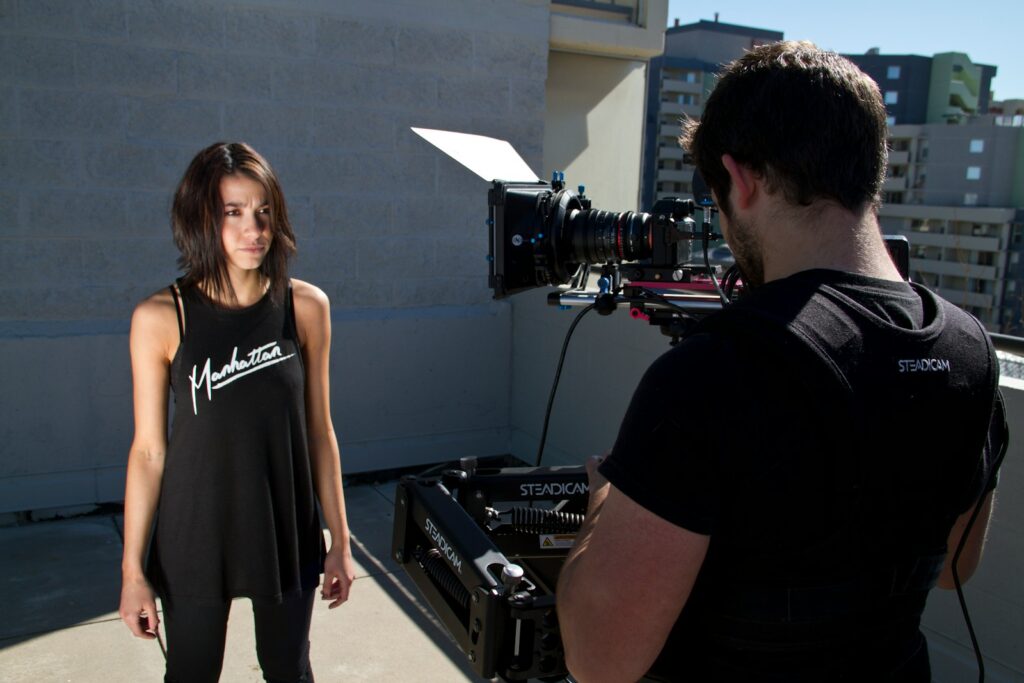
4. **A Provocative Turn: “Angel Heart” and Interview Magazine Controversy**During her time with “A Different World,” Lisa Bonet made a series of significant personal and professional choices that further amplified her “free spirit” image and, perhaps, exacerbated the tensions with Bill Cosby. In 1987, while still very much connected to the wholesome image of Denise Huxtable, Bonet took on a starkly different role, starring in the psychological horror film “Angel Heart” opposite Mickey Rourke. This marked a significant departure from her sitcom persona, delving into darker, more adult themes.
The film, released when Bonet was 19 (the explicit scenes filmed when she was 18), featured “several seconds of an explicit scene she shared with Rourke,” which ultimately had to be edited to avoid an X rating. This explicit content, coupled with her decision to pose topless for Interview Magazine, according to Biography, presented a stark contrast to the family-friendly image cultivated by “The Cosby Show.” These bold choices demonstrated Bonet’s artistic independence and willingness to explore mature roles, but they also generated considerable controversy in the public eye.
Bonet herself didn’t shy away from addressing the media scrutiny, dismissing the “whole scandal” as “ridiculous.” She asserted that the brief glimpse of her bare breast in “Angel Heart” was “nothing that hasn’t been done before or that hasn’t been seen before,” drawing comparisons to other R-rated films of the era that contained frontal nudity. Nevertheless, these highly public and provocative artistic expressions were reportedly viewed by Bill Cosby as potentially detracting from the “wholesomeness he was trying to portray on his sitcom,” adding another layer of strain to their already complex relationship.

5. **Love and Marriage: Lisa Bonet’s Elopement with Lenny Kravitz**Amidst her burgeoning career and the controversies swirling around her, Lisa Bonet embarked on a deeply personal journey of love and commitment. On her 20th birthday, November 16, 1987, Bonet eloped with American rock singer Lenny Kravitz in Las Vegas. This spontaneous marriage marked another significant life change for the young actress, one that further highlighted her independent spirit and her tendency to follow her heart, regardless of external expectations or professional pressures.
Their relationship was built on a foundation of shared understanding and similar backgrounds, as Bonet recalled in a 1990 Essence interview. “It was interesting when we were first finding out about each other, that our backgrounds were so similar,” she shared. Discovering that both their mothers were Jewish and their fathers were Black opera singers, Bonet felt an immediate and deep connection. “I felt like, ‘Okay, here’s someone who really knows how it is.’ And I think I trusted him a little more with my feelings and let him inside a little more than I ordinarily would have,” she explained.
This union with Kravitz, a rising star in the music world, solidified Bonet’s image as a free-spirited artist living life on her own terms. While a joyous personal milestone, it was also a private decision made without the conventional public fanfare often expected of a celebrity of her stature. This independent streak, now extending into her personal life with marriage, would soon intertwine with another major life event, one that would dramatically alter her trajectory within the world of “The Cosby Show.”

6. **The Pregnancy Revelation: Bonet’s Pregnancy While Filming “A Different World”**The intertwining of Lisa Bonet’s personal life with her professional responsibilities reached a critical juncture with the announcement of her pregnancy. At the end of “A Different World’s” first season in 1988, Bonet discovered she was pregnant with her daughter, Zoë Isabella Kravitz, who was born on December 1, 1988. This incredibly joyful personal news for Bonet would, however, create an immediate and profound conflict with the carefully constructed world of her on-screen character, Denise Huxtable.
Her pregnancy, a natural and celebrated event in anyone’s life, presented a unique challenge within the narrative confines of “A Different World,” a show set in a college environment. While producer Debbie Allen reportedly saw this as an innovative opportunity, suggesting that writing Bonet’s pregnancy into the show could portray a “girl who’s [this] upper class kid, having a baby, not married because she didn’t want to be married,” and offer a relatable storyline for young women, Bill Cosby had a very different perspective.
The revelation of Bonet’s pregnancy ultimately sealed her fate on “A Different World.” It directly led to the end of her run on the spin-off, a decision that stemmed from a profound disagreement over how to handle this significant personal development. This moment marked a clear divergence between Bonet’s evolving reality and Cosby’s rigid creative vision for the Huxtable universe, setting the stage for one of the most talked-about exits in television history.

7. **Cosby’s Creative Control: Bill Cosby’s Firm Stance Against Writing the Pregnancy into the Show** The news of Lisa Bonet’s pregnancy ignited a significant clash of creative visions, with Bill Cosby firmly establishing his unwavering stance on the matter. According to Lenny Kravitz’s memoir, “Let Love Rule,” when Bonet and producer Debbie Allen met with Cosby to discuss the pregnancy, he allegedly began the conversation by directly asking Bonet, “You’re here to tell me you’re pregnant, aren’t you?” This immediate and pointed question underscored the gravity of the situation and Cosby’s direct engagement with the unfolding personal news.
Despite Debbie Allen’s compelling argument for integrating the pregnancy into “A Different World” as an innovative and relatable storyline—suggesting the portrayal of a college student choosing to raise her child with the support of her friends—Cosby remained unconvinced. He reportedly told the women he would consider it, but his eventual decision was unequivocal. Days later, he famously declared, “Lisa Bonet is pregnant, but Denise Huxtable is not.” This statement clearly delineated his creative boundary: Bonet’s personal life would not dictate the narrative direction of his carefully crafted fictional world.
Cosby’s decision stemmed from his perceived need to maintain the wholesome image he meticulously curated for the Huxtable family and its spin-off. He feared that Bonet’s personal lifestyle, now including an out-of-wedlock pregnancy for her character, would “detract from the wholesomeness he was trying to portray on his sitcom.” This unyielding position directly resulted in Bonet being fired from “A Different World,” marking a definitive end to her role on the series that had been created specifically for her.

8. **The Unexpected Return: Denise Huxtable’s Reintegration into “The Cosby Show”**After her departure from “A Different World,” the saga of Lisa Bonet and the Huxtable universe took another unexpected turn. Despite the clear professional friction caused by her pregnancy, Bonet eventually returned to the original “Cosby Show” in 1989, not long after the birth of her daughter, Zoë. This return saw her character, Denise Huxtable, re-entering the family dynamic, but with a drastically altered storyline that sidestepped the real-life pregnancy entirely.
Instead of a college student navigating motherhood, Denise’s character returned as a married woman, having eloped with a former military man named Martin Kendall. She also arrived with a new stepdaughter, the precocious Olivia Kendall, memorably played by a young Raven-Symoné. This creative maneuver allowed the show to explain her absence and reintroduce her character without acknowledging Bonet’s real-life pregnancy, adhering to Bill Cosby’s strict vision of “wholesomeness.”
This new iteration of Denise, while still carrying her unique charm, was notably different from the free-spirited college student viewers had come to love. The character’s spontaneous marriage and sudden acquisition of a stepdaughter provided a narrative explanation for her time away, but it also fundamentally shifted her role within the Huxtable family. It was a clear attempt to integrate Bonet back into the fold on Cosby’s terms, ensuring that the show’s carefully crafted image remained intact.
However, even with this creative adjustment, Bonet’s return to “The Cosby Show” was not destined to be a long-term solution. While fans were undoubtedly pleased to see her back, the underlying tensions and differing creative visions that had led to her departure from “A Different World” continued to simmer, setting the stage for yet another, more permanent, parting of ways. Her time back at the iconic Huxtable brownstone proved to be a temporary reprieve, rather than a full reconciliation.

9. **The Final Curtain: Lisa Bonet’s Permanent Firing from “The Cosby Show”**Despite her return to “The Cosby Show” with a carefully constructed new storyline, Lisa Bonet’s tenure proved to be short-lived. By April 1991, the curtain fell definitively on her time within the Huxtable universe, as she was permanently fired from the beloved sitcom. This final separation marked the end of an era for both Bonet and legions of fans who had watched Denise Huxtable grow from a quirky teenager into a young woman.
The official reason cited for Bonet’s dismissal was “creative differences.” While this phrase is often a euphemism in Hollywood for deeper conflicts, in this instance, it strongly echoed the long-standing disagreements between Bonet’s independent spirit and Bill Cosby’s desire for absolute control over the show’s narrative and image. Cheat Sheet reported that Cosby himself stated Bonet was let go because she had “outgrown the role and the material she was given,” suggesting a perceived mismatch between her evolving artistic desires and the family-friendly confines of the sitcom.
This decision meant that Bonet was not asked back for the series finale in 1992, a poignant absence that underscored the irreversible nature of her departure. It was a stark reminder that even a beloved character and a popular actress could be deemed incompatible with the show’s central vision, especially when that vision was so firmly controlled by its creator. The “creative differences” were not merely about story arcs, but about a fundamental clash of independence versus strict artistic adherence.
Ultimately, her firing from “The Cosby Show” in 1991 solidified the narrative of an actress who, despite immense success, refused to compromise her authentic self for the sake of conformity. It was a bold stance in an industry that often demands compliance, and it speaks volumes about Bonet’s unwavering commitment to her own path, even if it meant walking away from one of the most successful shows in television history.

10. **A Husband’s Account: Lenny Kravitz on the “Untenable” Relationship with Bill Cosby**The friction between Lisa Bonet and Bill Cosby was not confined to the set; it deeply impacted her personal life, as evidenced by the candid reflections of her then-husband, rock star Lenny Kravitz. In his memoir, “Let Love Rule,” Kravitz offered an intimate glimpse into the strained dynamics, unequivocally stating that his former wife’s “relationship with Bill was tense and eventually untenable.” This powerful statement provided an outside perspective that corroborated the long-standing rumors of discord.
Kravitz’s account painted a picture of a relationship irrevocably damaged, particularly after the events surrounding Bonet’s pregnancy and her subsequent firing from “A Different World.” He highlighted that “her relationship with Cosby was irretrievably broken from that point forward,” suggesting that the professional disagreement had caused a personal rift that could not be mended. For Bonet, a deeply personal life event had become a point of severe contention with her on-screen father.
The musician’s insights were crucial, offering a rare look behind the scenes from someone intimately connected to Bonet during that tumultuous period. His words confirmed that the challenges Bonet faced were not just artistic differences but deeply personal clashes with a powerful figure who exerted immense control over her career. It underscored the emotional toll that these professional battles took on the young actress.
Kravitz’s memoir therefore served as a powerful testament to the severity of the situation. It moved beyond mere speculation, providing an authentic voice that validated Bonet’s experiences and the profound difficulties she encountered while attempting to navigate her career and personal life under the demanding gaze of Bill Cosby. His observations underscore the human element at the heart of this highly publicized departure.

11. **”Sinister, Shadow Energy”: Lisa Bonet’s Later Reflections on Bill Cosby**Years after her departure from “The Cosby Show” and “A Different World,” Lisa Bonet maintained a largely private life, but the shadows of her past working relationship with Bill Cosby resurfaced dramatically in 2015. As accusations of sexual assault against Cosby became public, shaking the entertainment world, Bonet was eventually asked to comment, offering a profound and unsettling perspective on her time with the television icon.
In a 2018 interview with Net-a-Porter, Bonet was directly questioned about whether the revelations of Cosby’s alleged actions changed her memories of working with him. Her reply was chillingly direct: “No, it’s exactly as I remember it. There was no knowledge on my part about his specific actions, but… There was just energy. And that type of sinister, shadow energy cannot be concealed.” This statement revealed a deep, intuitive awareness of an unsettling presence that had long permeated her professional environment.
Bonet’s use of phrases like “sinister, shadow energy” spoke volumes, suggesting that while she may not have known the specific details of Cosby’s alleged crimes, she had perceived an underlying darkness that was palpable even then. This unique insight from an actress who played his daughter for years added a significant layer to the public understanding of Cosby’s complex persona, hinting at a hidden reality beneath the carefully crafted “America’s Dad” image.
She further emphasized her commitment to truth, stating, “And if I had anything more to reveal then it would have happened a long time ago. That’s my nature. The truth will set you free.” This powerful declaration solidified her stance, reaffirming her integrity and underscoring her refusal to be silent about her authentic perceptions, even when those perceptions were deeply unsettling and came years after the events unfolded. It was a testament to her enduring commitment to honesty and self-preservation.

12. **Beyond Hillman College: Lisa Bonet’s Post-Cosby Show Career and Artistic Independence**After her definitive break from the Cosby universe, Lisa Bonet deliberately charted a path that prioritized artistic independence over mainstream celebrity. While she largely “stayed out of the Hollywood limelight for the most part,” as the context notes, she never fully abandoned acting. Instead, she chose roles that allowed her to explore different facets of her talent and maintain her artistic integrity, often in less high-profile projects.
Her filmography post-“Cosby Show” demonstrates a discerning approach to her career. She appeared in notable feature films such as “Enemy of the State” in 1998 and the critically acclaimed “High Fidelity” in 2000, showcasing her versatility beyond the comedic realm. She also took on roles in films like “Biker Boyz” (2003) and “Road to Paloma” (2013), often choosing projects that resonated with her rather than chasing blockbuster success.
On television, Bonet continued to make sporadic, yet impactful, appearances. Her roles included Maya Daniels in “Life on Mars” (2008–2009), her recurring role as Sky Van Der Veen in “The Red Road” (2014-2015) where she worked alongside her future husband Jason Momoa, and guest spots on popular shows like “Drunk History,” “Girls,” and “Ray Donovan” (2016). These diverse roles allowed her to remain active in the industry without being subjected to the intense scrutiny she experienced in her earlier career.
When asked why she never became a “bigger star” in her adult years, Bonet candidly responded, “I always had one foot in and one foot out of the business, so that’s part of it.” She also powerfully highlighted the systemic challenges for women of color, stating, “it’s slim pickings out there! There aren’t endless opportunities for women of color.” Her career choices reflect a conscious decision to forge her own path, demonstrating a resilient commitment to her craft on her own terms, even amidst industry limitations.
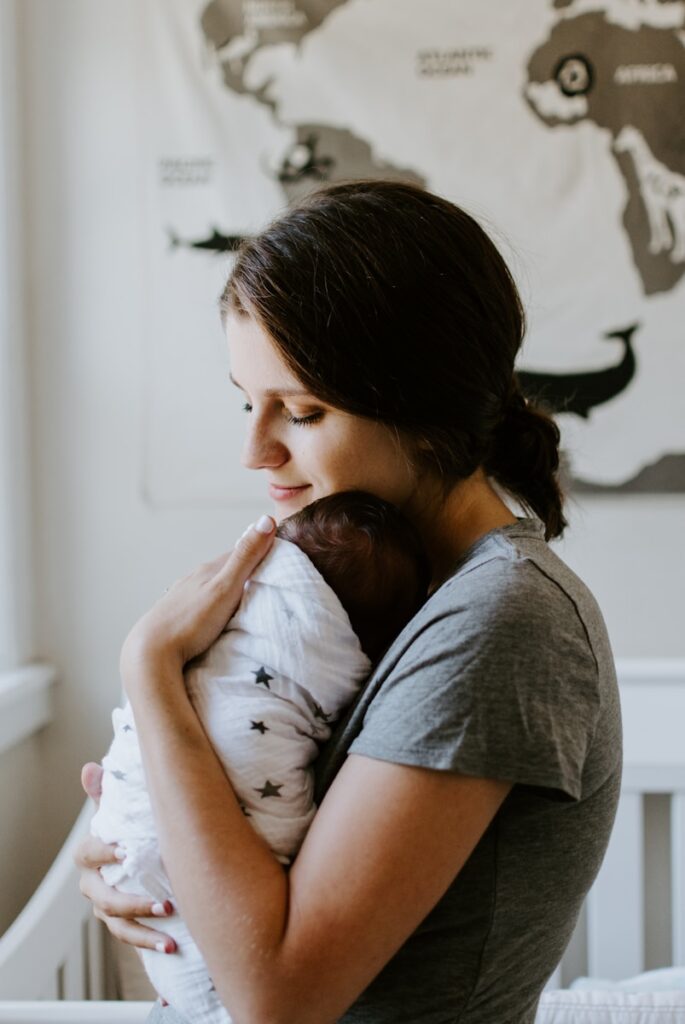
13. **A Life Reimagined: Motherhood, Love, and Enduring Relationships**Lisa Bonet’s life after her formative years on “The Cosby Show” blossomed into a rich tapestry of personal relationships, motherhood, and self-discovery, far removed from the pressures of mainstream celebrity. Following her divorce from Lenny Kravitz in 1993, which ended their six-year marriage that produced daughter Zoë, Bonet made a significant personal decision, legally changing her name to Lilakoi Moon, though she continues to be known professionally as Lisa Bonet. This change symbolized a new chapter, a reclaiming of her identity.
In 2005, a new love entered her life when she began a relationship with actor Jason Momoa. Their bond quickly deepened, and they eventually married in October 2017. Together, they built a beautiful family, welcoming a daughter in July 2007 and a son in December 2008. Bonet found in Momoa a partner who made her feel “protected and safe,” as she once shared, highlighting the profound sense of security and partnership she experienced. Their blended family, including Zoë Kravitz, became a symbol of modern love and connection.
However, even strong relationships can evolve, and in January 2022, after 17 years together and over four years of marriage, Bonet and Momoa announced their separation. The official divorce filing came in January 2024, revealing that they had actually separated much earlier, in October 2020. The legal proceedings were handled with mutual respect, with neither party seeking financial support and agreeing on joint custody of their two children, Lola and Nakoa-Wolf.
Throughout these personal journeys, Bonet embraced motherhood, raising three children who have each embarked on their own paths, with Zoë Kravitz following in her mother’s footsteps as an acclaimed actress. Bonet’s personal life, marked by deep connections, a commitment to family, and a willingness to navigate life’s changes with grace, reflects her enduring spirit and dedication to building a life that truly aligns with her values, away from public scrutiny.

14. **The Enduring Legacy: Authenticity and Creative Freedom**Lisa Bonet’s journey, from breakout sitcom star to an artist fiercely protective of her individuality, culminates in an enduring legacy defined by authenticity and creative freedom. Her decision to depart from “The Cosby Show” was more than just a career move; it was a powerful statement that reverberates through Hollywood, particularly for women who feel compelled to adhere to prescribed molds. She unequivocally “showed the world that she wouldn’t be confined to anyone’s expectations, even when it meant walking away from a highly successful show.”
Her influence extends beyond her acting roles. Bonet became, and remains, a style icon, effortlessly blending bohemian chic with an undeniable edge. This aesthetic, much like her career choices, reflected an innate desire for self-expression and a refusal to conform to conventional beauty or industry standards. She maintained her privacy, choosing to live a life aligned with her values, focusing on family and projects that genuinely resonated with her, rather than chasing fleeting fame.
In recent years, Bonet has been rightfully celebrated not only for her groundbreaking portrayal of Denise Huxtable but also for her sustained impact on fashion, culture, and the broader conversation around artistic integrity. She paved the way for “future actresses who sought to break free from the mold and follow their own paths,” inspiring a generation to prioritize self-respect and creative autonomy. Her quiet resilience in the face of immense pressure cemented her status as a pioneer.
Ultimately, Lisa Bonet’s departure from “The Cosby Show” might have seemed abrupt at the time, yet it was, at its core, “a reflection of her desire for creative freedom—a decision that continues to inspire.” It stands as a powerful testament to the importance of staying true to oneself, even when it means making difficult choices. Her legacy is one of unwavering authenticity, a beacon for those who dare to define success on their own terms.
Read more about: Alright, Alright, Alright: Unpacking Matthew McConaughey’s Extraordinary Metamorphosis from Rom-Com Royalty to Oscar-Winning Icon
As we conclude this exploration into the multifaceted career and personal journey of Lisa Bonet, it becomes abundantly clear that her story is far more intricate than simple headlines could ever convey. From her meteoric rise as Denise Huxtable to her determined stand for creative independence, Bonet consistently defied expectations, carving a path uniquely her own. Her story is a testament to the power of authenticity, a vibrant reminder that staying true to oneself, even in the glare of the spotlight, can forge a legacy far more impactful than any role could define. Lisa Bonet didn’t just play a free spirit; she lived it, inspiring countless others to do the same.

